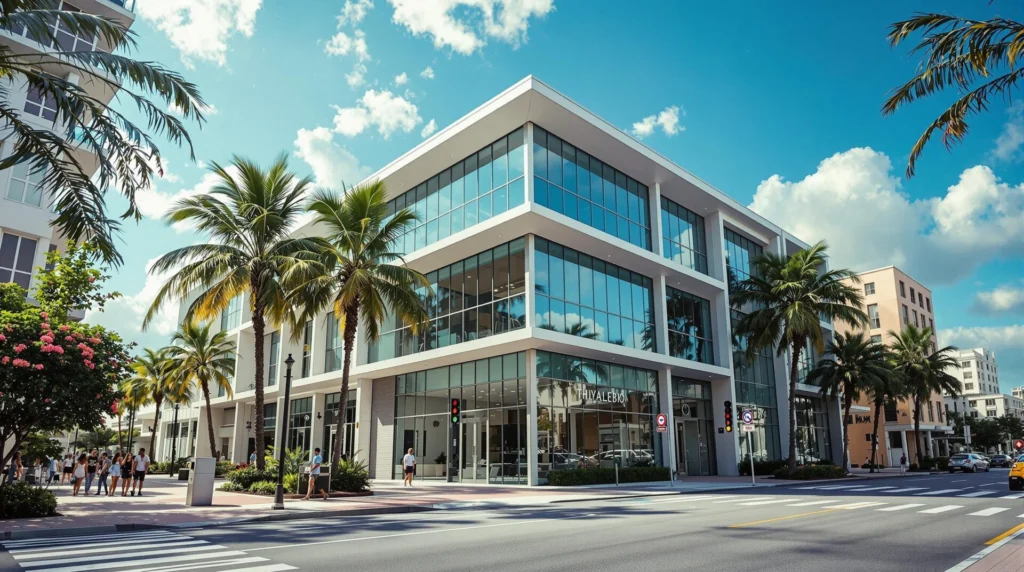Key Takeaways
- Miami-Dade County will implement a 6.5% commercial property tax hike in Q3 2025, impacting investor ROI and compressing net operating income.
- Class A office, retail, and industrial properties are the primary targets, forcing developers to reevaluate margins and exit strategies.
- Investors are pivoting toward adaptive reuse, tax-shielded opportunities, and smaller projects to maintain profitability in a tighter fiscal climate.

Miami, FL — In a move rattling the South Florida real estate world, Miami-Dade County has confirmed an upcoming 6.5% increase in commercial property taxes, set to take effect in Q3 2025.
The decision, approved during a contentious commission meeting this week, is expected to directly impact investor bottom lines and reshape the region’s development pipeline.
The adjustment stems from a widening budget deficit paired with increased infrastructure and resilience spending.
With rising insurance premiums and ongoing climate-related upgrades, the county is turning to commercial property owners, especially large-scale investors, to foot the bill.
Investor Impact: Opportunity in the Upheaval
The tax hike is expected to compress cap rates and shrink net operating income across multiple asset classes.
Institutional landlords are preparing to pass costs to tenants, but the real squeeze will be felt by mid-level investors and developers with thinner operating margins.
Despite the looming increase, Miami’s fundamentals remain strong: population growth, tourism recovery, and foreign capital flows continue to fuel demand.
This dichotomy is pushing savvy investors to seek out tax-protected opportunities, such as Opportunity Zones, historic credits, or properties with undervalued assessments.
Some firms are already pivoting to adaptive reuse projects and smaller-scale developments, which offer more flexible tax exposure and higher per-square-foot efficiency.
As one commercial broker noted, “The margin for error just shrunk. The winners will be those who can structure deals with built-in fiscal resilience.”
Assessment
Miami’s tax increase presents both a challenge and a recalibration moment.
For real estate investors, this is a wake-up call to tighten underwriting standards, pivot toward incentive-aligned projects, and prioritize flexible asset classes.
Investors who stay informed and adaptable will still find lucrative deals, but only by evolving with the fiscal landscape. In today’s climate, profit favors the prepared.
Related Content:
- The U.S. Housing Apocalypse Continues (Why Your Real Estate Dreams Are About to Collapse)
- Rent Surge Shock! U.S. Rental Prices Skyrocket as Homeownership Collapses
- U.S. Unleashes Unprecedented Defense Against Foreign Real Estate Infiltration Near Military Bases
- Real Estate Markets on High Alert as States Mobilize to Counter Trump Administration Threats





















